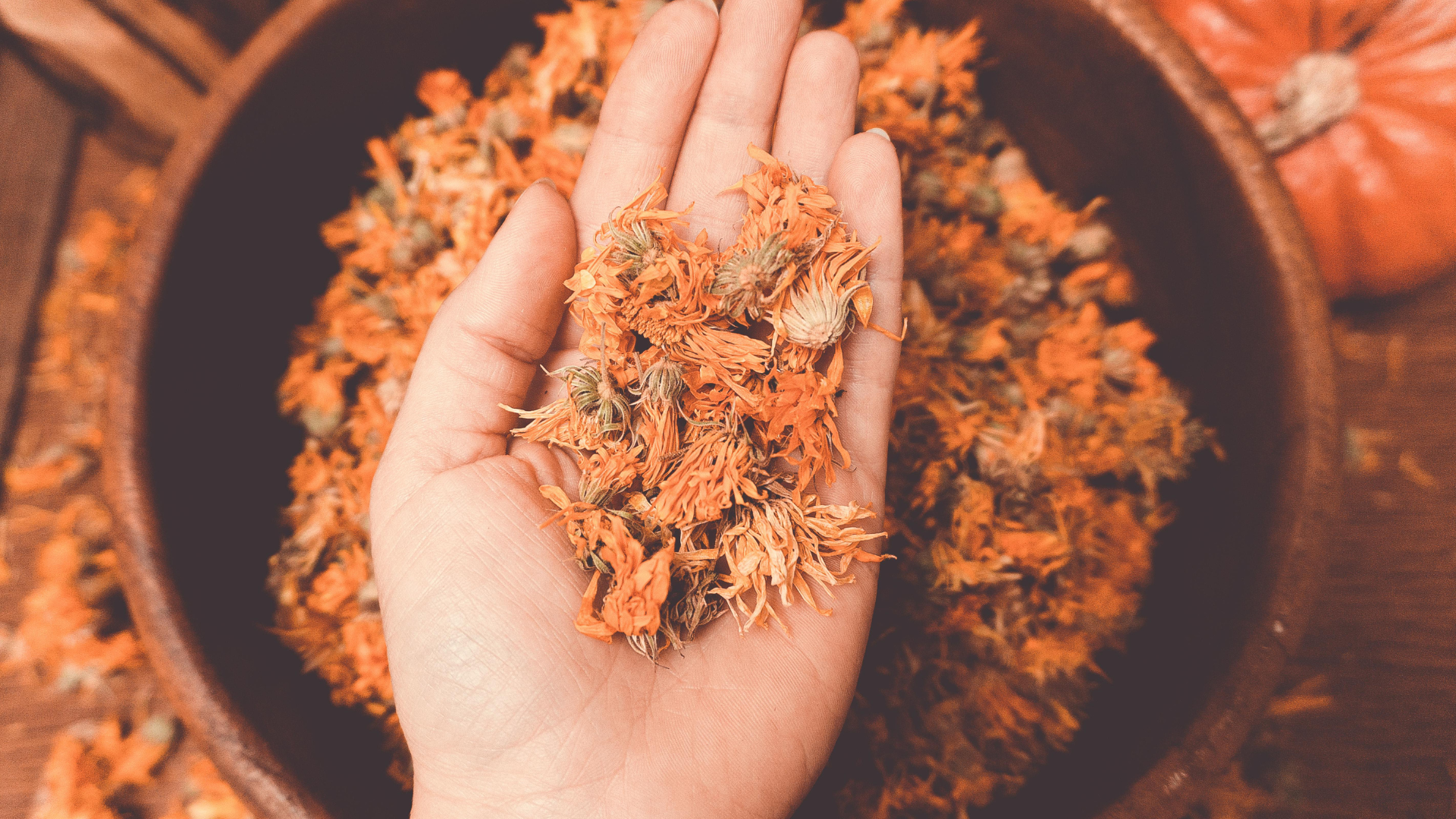Ayurvedic Practices for Balancing Hormones: A Holistic Approach to Wellness
Dec 23, 2024
Ayurvedic Practices for Balancing Hormones: A Holistic Approach to Wellness
Hormonal balance is essential for maintaining overall health and well-being. Whether you're dealing with irregular cycles, mood swings, or fatigue, imbalanced hormones can affect every aspect of your life. Ayurveda, an ancient Indian system of medicine, offers a holistic approach to restoring hormonal harmony by addressing the root cause of imbalances rather than just treating the symptoms. In this blog, we’ll explore Ayurvedic practices that can help balance hormones naturally and support your body’s internal equilibrium.
Understanding Hormonal Imbalance in Ayurveda
In Ayurveda, health is understood as a balance between three primary energies or doshas—Vata, Pitta, and Kapha—that govern different functions in the body. Hormonal imbalances are often linked to an imbalance in one or more of these doshas, which can be affected by lifestyle, diet, stress, and environmental factors.
-
Vata Imbalance: Irregular cycles, anxiety, and insomnia may be linked to an overactive Vata dosha.
-
Pitta Imbalance: Hot flashes, irritability, and inflammation may signal an imbalanced Pitta dosha.
-
Kapha Imbalance: Weight gain, lethargy, and sluggishness may indicate excess Kapha.
Ayurveda works to bring these doshas back into balance through personalized diet, lifestyle practices, and herbal remedies.
Key Ayurvedic Practices for Hormonal Balance
-
Eat According to Your Dosha Ayurveda places great importance on diet as a means of balancing hormones. Depending on your dosha, you can tailor your diet to support hormonal health.
-
For Vata: Focus on warm, nourishing foods like cooked vegetables, whole grains, and healthy fats. Avoid cold, raw foods and caffeine, which can exacerbate Vata imbalances.
-
For Pitta: Opt for cooling and hydrating foods like cucumber, watermelon, and leafy greens. Avoid spicy, oily, or acidic foods that aggravate Pitta.
-
For Kapha: Incorporate light, warming, and mildly spicy foods like ginger, turmeric, and legumes. Avoid heavy, greasy, and sugary foods.
-
Eating according to your dosha helps maintain digestion and supports overall hormonal balance.
-
Incorporate Adaptogenic Herbs
Ayurveda uses a variety of herbs, known as adaptogens, to help the body adapt to stress and restore hormonal balance. Some powerful Ayurvedic herbs include: -
Ashwagandha: A renowned adaptogen that helps reduce cortisol (the stress hormone), Ashwagandha promotes hormonal harmony and reduces symptoms of anxiety, fatigue, and irregular cycles.
-
Shatavari: Particularly beneficial for women, Shatavari supports reproductive health, balances estrogen levels, and can ease PMS and menopausal symptoms.
-
Triphala: A blend of three fruits, Triphala supports digestion, detoxification, and overall vitality, helping balance the endocrine system.
-
These herbs can be taken as supplements, teas, or powders, depending on your specific needs.
-
Abhyanga (Self-Massage) with Essential Oils
Abhyanga, or Ayurvedic self-massage, is a nurturing practice that helps to balance hormones by calming the nervous system and enhancing circulation. Regular self-massage with warm, dosha-specific oils can help restore balance to the body: -
Vata: Use warming oils like sesame or almond oil infused with calming herbs such as lavender or sandalwood.
-
Pitta: Use cooling oils like coconut or sunflower oil with soothing herbs like rose or chamomile.
-
Kapha: Use invigorating oils like mustard or safflower oil, with stimulating herbs like eucalyptus or rosemary.
-
Daily Abhyanga promotes relaxation, reduces stress hormones, and improves overall hormonal function.
-
Practice Stress-Reducing Yoga and Meditation
Stress is a significant factor in hormonal imbalance. Ayurveda emphasizes the importance of managing stress through regular practices like yoga and meditation. Certain yoga poses can help stimulate the endocrine system and balance hormones: -
For Vata: Gentle, grounding poses like Child’s Pose (Balasana) and Legs-Up-the-Wall (Viparita Karani) help calm an overactive mind and restore balance.
-
For Pitta: Cooling poses like Seated Forward Bend (Paschimottanasana) and Moon Salutations (Chandra Namaskar) help reduce heat and inflammation.
-
For Kapha: Energizing poses like Sun Salutations (Surya Namaskar) and backbends like Cobra Pose (Bhujangasana) help stimulate energy flow and metabolism.
-
Additionally, practicing mindfulness meditation or pranayama (breathing exercises) can reduce cortisol levels, supporting hormonal balance and mental clarity.
-
Regulate Your Sleep Cycles
According to Ayurveda, irregular sleep patterns can disrupt the natural circadian rhythms and negatively affect hormone production, especially melatonin and cortisol. To maintain hormonal balance, it’s crucial to prioritize a consistent sleep schedule: -
Go to bed by 10 PM: This aligns with the body’s natural rhythm, supporting better rest and hormonal regulation.
-
Wake up early: Rising with the sun helps regulate cortisol levels and sets the tone for a balanced day.
-
Create a calming bedtime routine: Incorporate practices like herbal teas, light yoga stretches, or reading to unwind.
-
Ayurvedic Detox (Panchakarma)
If hormonal imbalances persist, a deeper Ayurvedic detox, such as Panchakarma, may be beneficial. Panchakarma is a cleansing program that eliminates toxins (ama) from the body, rejuvenates the organs, and restores balance to the doshas. It involves specialized treatments such as oil massages, steam baths, and herbal enemas under the guidance of an Ayurvedic practitioner.
By cleansing the body and mind, Panchakarma resets the hormonal system and enhances the body’s ability to heal itself.





